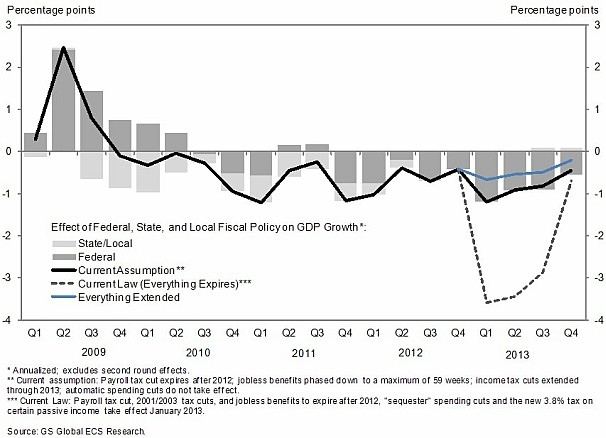Some charities are still what they were twenty years ago: organizations that provide help to those in need. Others, however, have morphed into specialized entities that exist primarily to lobby the government for more funds … to allow them to lobby more efficiently:
The relationship between charities and the British state has been significantly transformed in the past 15 years. There is a gulf between the public’s perception of what is charitable – a traditional view still dominated by visions of self-sacrificing volunteers and jumble sales – and the third sector’s view of itself as a more caring, semi-professional wing of the state. The public can be forgiven for being confused about a ‘voluntary sector’ that, according to a 2009 report for the National Council for Voluntary Organisations (NCVO), employs more than 600,000 people. The public might equally be puzzled by the plethora of ‘non-governmental’ organisations which require an Office of the Third Sector to preside over them.
Between 1997 and 2005, the combined income of Britain’s charities nearly doubled, from £19.8 billion to £37.9 billion, with the biggest growth coming in grants and contracts from government departments. According to the Centre for Policy Studies, state funding rose by 38 per cent in the first years of the twenty-first century while private donations rose by just seven per cent.
This surge in government spending coincided with a politicisation of the third sector which was actively encouraged by the state apparatus from the prime minister down. Traditionally, lobbying activity could not be a charity’s ‘dominant’ activity, but could only be ‘incidental or ancillary’ to its charitable purpose. In 2002, however, a report from the Prime Minister’s Strategy Unit called for charities to increase their lobbying activity and for the Charity Commission guidelines to be made ‘less cautionary’: ‘Charities perform a valuable role in campaigning for social change. The guidelines on campaigning should be revised to encourage charities to play this role to the fullest extent.’
The Charity Commission duly revised its guidelines on campaigning two years later, allowing all non-party political campaigning in furtherance of a charity’s goals so long as this activity was not ‘the dominant method by which the organisation will pursue its apparently charitable objects’. A subsequent Cabinet Office report in 2007 called for the rules to be relaxed further still. Accepting that charities had ‘considerable latitude… for political campaigning under existing rules’, the authors expressed concern about the range of legal and regulatory restraints which ‘unjustifiably restricts political campaigning by third-sector organisations’. Stressing the right of charities ‘to undertake campaigns, regardless of any funding relationship with government’, the Cabinet Office argued that organisations whose purpose was wholly political should not be barred from charitable status: ‘Provided that the ultimate purpose remains demonstrably a charitable one, the government can see no objection, legal or other, to a charity pursuing that purpose wholly or mainly through political activities.’
There are still charities that do what most of us think of as “charity”, but far too many of them are just lobbying devices to accomplish political rather than charitable ends. There’s no reason to prevent organizations from political lobbying, but they should not benefit from the special tax status of genuine charities.


 It’s been a big issue in Minnesota for the entire off-season, but I haven’t been following too closely (not living in the state, I don’t know anything about the issue other than what the StarTribune and the Pioneer Press have been reporting, leavened with some angst and bile from the various Viking fan blogs).
It’s been a big issue in Minnesota for the entire off-season, but I haven’t been following too closely (not living in the state, I don’t know anything about the issue other than what the StarTribune and the Pioneer Press have been reporting, leavened with some angst and bile from the various Viking fan blogs).

